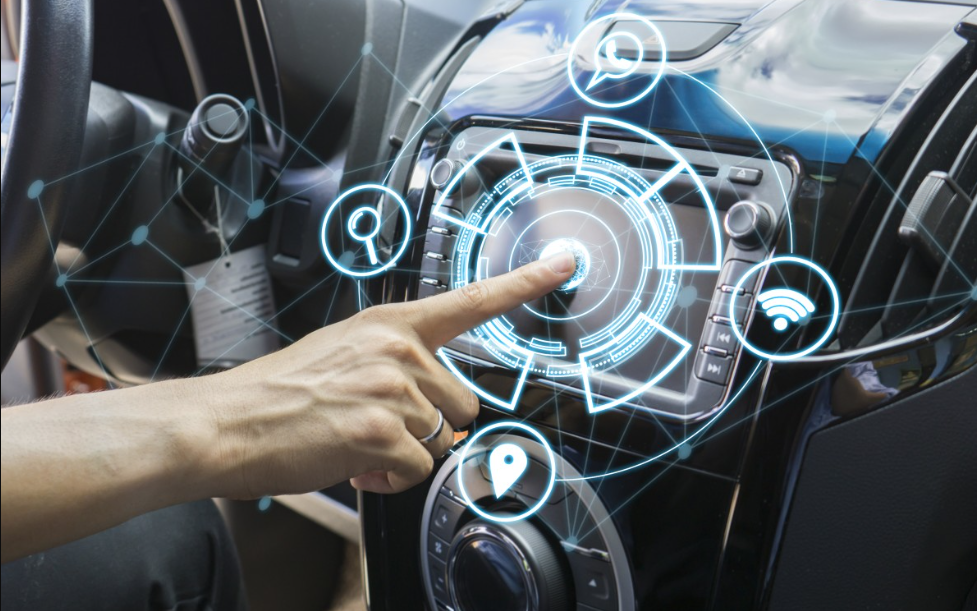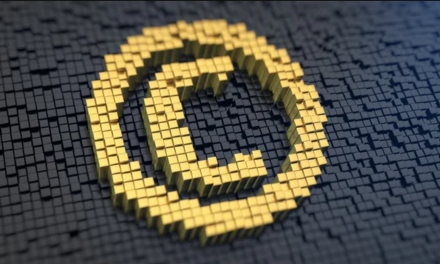The digital ledger isn’t just for cryptocurrencies – it’s revolutionizing cars, from how they’re built to how they’re driven.
When most think of blockchain, they imagine the digital gold rush of Bitcoin and other cryptocurrencies. Yet, in reality, the implications of blockchain technology stretch far beyond mere coins. Its decentralized, tamper-proof nature has potential applications spanning numerous sectors – with the automotive industry driving ahead of the pack.
Unraveling the Blockchain Enigma
At its core, blockchain is a digital ledger. It’s a growing series of records, aptly named “blocks”, that are securely linked using advanced cryptographic methods. This forms a database that can record transactions between multiple parties in a way that’s both permanent and verifiable. Each block of data is stored across various computers, ensuring records remain unaltered unless all participants are made aware – a stark contrast from the shady undertones often associated with its cryptocurrency origins.
Public vs. Private: Choosing the Right Gear
Automotive giants tread carefully when considering blockchain. The idea of public blockchains, where anyone can access the database, isn’t palatable to many. Hence, there’s a shift towards private blockchains, where a singular authority wields control, ensuring entry only with proper credentials. These private, or “permissioned,” blockchains retain the core benefits of their public counterparts while offering more control, enhancing privacy, and curbing illicit activities often linked with open blockchains.
The Drive to Revolutionize Supply Chains
Supply chain corruption is a pervasive issue, whether it’s through manipulated data, falsified quantities, or counterfeit goods. By integrating blockchain distributed ledgers, companies can ensure every transaction – from raw material sourcing to shipping the finished product – is transparent and unchangeable. Coupling blockchain with AI and IoT technologies can streamline the management of the vast data generated by automotive manufacturers, ensuring integrity throughout.
Passports, Payments, and Privacy: A New Automotive Landscape
Imagine a world where every vehicle has a digital passport – a complete, tamper-proof history stored on a blockchain. Such records would revolutionize vehicle resale, ensuring buyers of the car’s authenticity and history.
Furthermore, blockchain-based smart contracts could redefine payments for electric vehicle charging or monthly expenses related to a car. Autonomous vehicles could use blockchain to meticulously track every detail of their journeys, ensuring a shared pool of accurate, unchangeable data accessible by all vehicles within a network.
From Ride-sharing to Fleet Management: Blockchain Takes the Wheel
The likes of Uber and Lyft have already transformed transport. But soon, blockchain could further decentralize ride-sharing. By moving payment and driver selection processes to a transparent, blockchain system, riders might select drivers based on an array of factors – directly, without any intermediaries.
In fleet management, blockchain can help self-driving cars share data seamlessly within a fleet, logging activities, issues, and more. When paired with IoT and smart contracts, these cars could autonomously recharge during downtimes.
Current Pioneers and Prospects
Automotive giants like Ford, BMW, Renault, and General Motors are already harnessing blockchain. Ford, for instance, is piloting blockchain to ensure ethically sourced cobalt, while Volkswagen aims to use the technology to combat speedometer fraud. Hyundai seeks to fuse blockchain with cloud-based AI to craft a novel supply chain financing system.
As a hub of innovation, the automotive industry is uniquely positioned to ride the blockchain wave, tapping into its multifaceted benefits. From enhancing supply chains to shaping the future of autonomous driving, blockchain seems poised to accelerate the industry’s evolution. The road ahead is promising; all eyes are on the journey.





